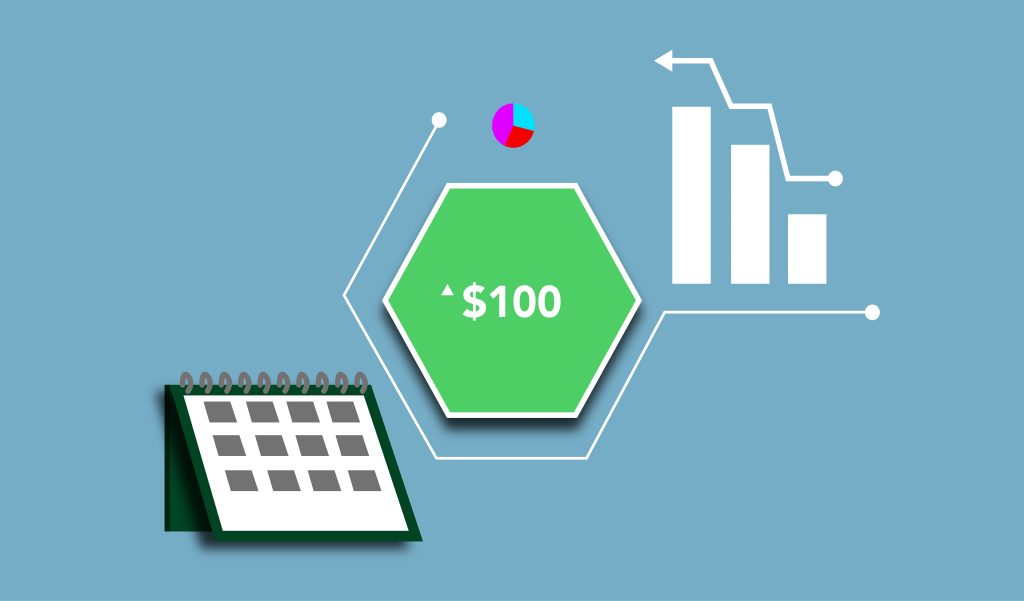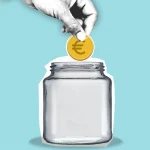Poslovni writes, as pointed out in the analysis, that last year was the third year in which global financial assets recorded double-digit growth and reached 233,000 billion euros. But 2022 marks a turning point, with the war in Ukraine halting the post-Covid-19 pandemic recovery and “turning the world upside down.” Allianz wrote that inflation has taken off, there is a shortage of energy and food, and the tightened monetary policy is “suffocating” the economy and the market, adding that the wealth of households will feel the consequences.
“Global financial assets will fall by more than two percent this year, the first significant decline since the so-called great financial crisis of 2008. In reality, households will lose a tenth of their wealth. However, unlike the major financial crisis, which was followed by a relatively quick turnaround, the medium-term forecasts are quite pessimistic this time. Namely, it is expected that the average nominal growth of financial assets will amount to 4.6 percent until 2025, compared to 10.4 percent in the previous three years”, says the Allianz forecast.
Allianz Chief Economist Ludovic Subran said that 2021 marked the end of an era. “The past three years have been exceptional, and for most depositors, they represented a period of prosperity. But this year and the coming years will be different. The cost of living crisis will test the concept of the social contract. Policymakers face the enormous challenge of mastering the energy crisis, implementing a green transformation, and stimulating growth while simultaneously curbing monetary policy. There is no more room for any mistakes in policies. The key to success lies in innovative and targeted measures at the national level, as well as in European unity at the supranational level”, read Subran’s statement, reported in the publication.
“A real danger of a debt crisis”
Allianz also expressed concern about the level of global household debt, which at the end of 2021 amounted to 52,000 billion euros, with high annual growth of 7.6 percent. At the same time, an increasing share of this debt is held by emerging economies, primarily Asia, with the exception of Japan.
“We are concerned about the sudden debt growth at the beginning of the global recession. Over the past decade, household debt in emerging markets has grown at double-digit rates, five times faster than growth in advanced economies. Still, overall debt levels appear manageable. However, given the unfavourable structural conditions faced by the aforementioned markets, there is a real danger of a debt crisis,” said Patricia Pelayo Romero, co-author of the Allianz report.
The gross financial assets of Croatian households jumped by 10.9 percent last year.
The gross financial assets of Croatian households amounted to EUR 79 billion last year, with an annual jump of 10.9 percent, the highest growth in the past ten years.
“This outstanding performance was based on all three major asset classes and was driven by dynamic equity markets combined with massive savings efforts,” Allianz wrote. After two strong years, they stated, total net inflows last year reached 7.2 billion euros, almost three times more than the long-term average. Nearly half of the new savings were converted into bank deposits, representing the most popular form of savings in Croatia, i.e., 49 percent of total assets. Thus, this category of assets achieved a growth of as much as 9.5 percent, despite “no” interest rates, Allianz said.
Furthermore, savings in the form of investments in shares, investment funds, and other securities recorded the highest growth rate of all asset categories, by 12.7 percent. “However, given its share in the portfolio of only 21 percent, it is clear that Croatian households still invest only a small part of their savings in capital market products, even significantly less than the average in Eastern Europe, which is 34 percent,” they noted.
Among other things, insurance and pension products recorded a strong growth of 11.1 percent, whereby savers in Croatia invest 27 percent of their financial wealth in this asset category, which is almost ten percentage points more than they invested at the beginning the previous decade. On the other hand, there was a significant increase in debt last year, by four percent, much higher than the long-term average of 0.8 percent. In the same period, the debt ratio (liabilities as a percentage of GDP) fell by about six percentage points to 36 percent. Net financial assets, however, amounted to 58 billion euros, achieving a growth of 13.7 percent, according to data from the report.
For more, make sure to check out our dedicated News section.












